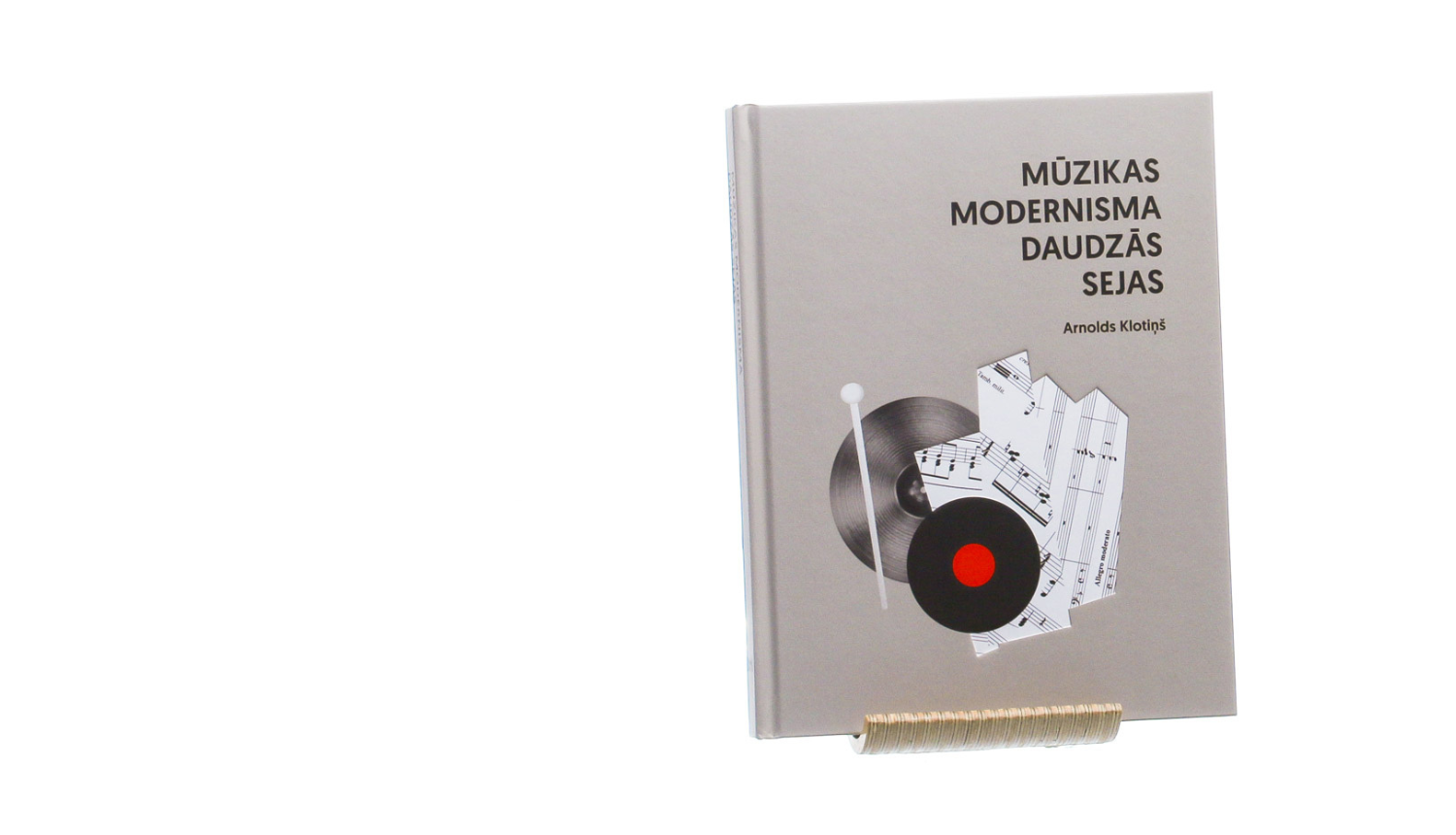Published by the Institute of Literature, Folklore, and Art of the University of Latvia (UL), the study “The Many Faces of Musical Modernism: The Development of 20th-Century New Music and Avant-Garde in the Sound Art of Latvia and Its Baltic Neighbors” explores how musical expression and style evolved throughout the 20th century. The book is intended for a wide audience, including journalists, teachers, lecturers, and all culture enthusiasts.
Readers of musicologist Arnolds Klotiņš’ book will discover the rapid changes in early 20th-century Western Europe, where the impact of World War I made music harsher and challenged or even abandoned tonality. However, this wave of global musical change also influenced the occupied Baltic region, helping to overcome the imposed doctrine of so-called socialist realism, despite the regime’s repression of composers who defied this dogma.
The book highlights the diversification of Latvian, Estonian, and Lithuanian composers' works during the ideological relaxation following Stalin’s death. It then traces the resurgence and refinement of ideological pressures in the second half of the century, while also capturing new postmodern influences of romanticism and classicism. This evolution eventually led to the coexistence of various styles by the century's end, marking the emergence of stylistic pluralism.
For music theory enthusiasts, the book includes brief illustrative musical examples at the end.
Dr. Art. Arnolds Klotiņš is a musicologist and senior researcher at the UL Institute of Literature, Folklore, and Art. He is the author of numerous publications and books, including recent works such as “Music in Exile: Latvian Musical Life and Creativity in Postwar Europe, 1944–1951” (LU LFMI, 2022), “In Duet with Folk Songs” (Zinātne, 2020), and “Music in Postwar Stalinism: Latvian Musical Life and Creativity from 1944 to 1953” (LU LFMI, 2018).
For more information: lulfmi.lv/apgads


